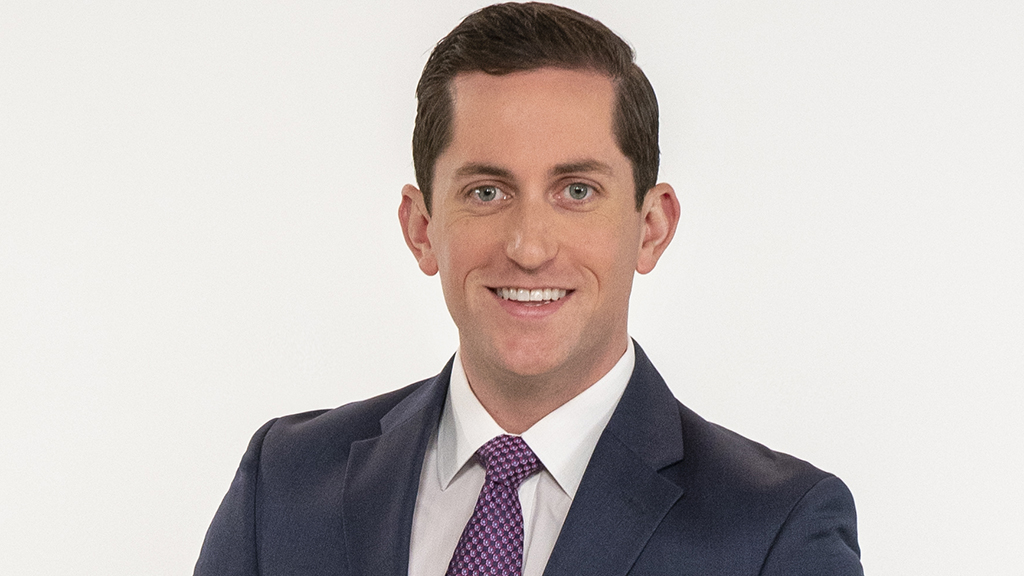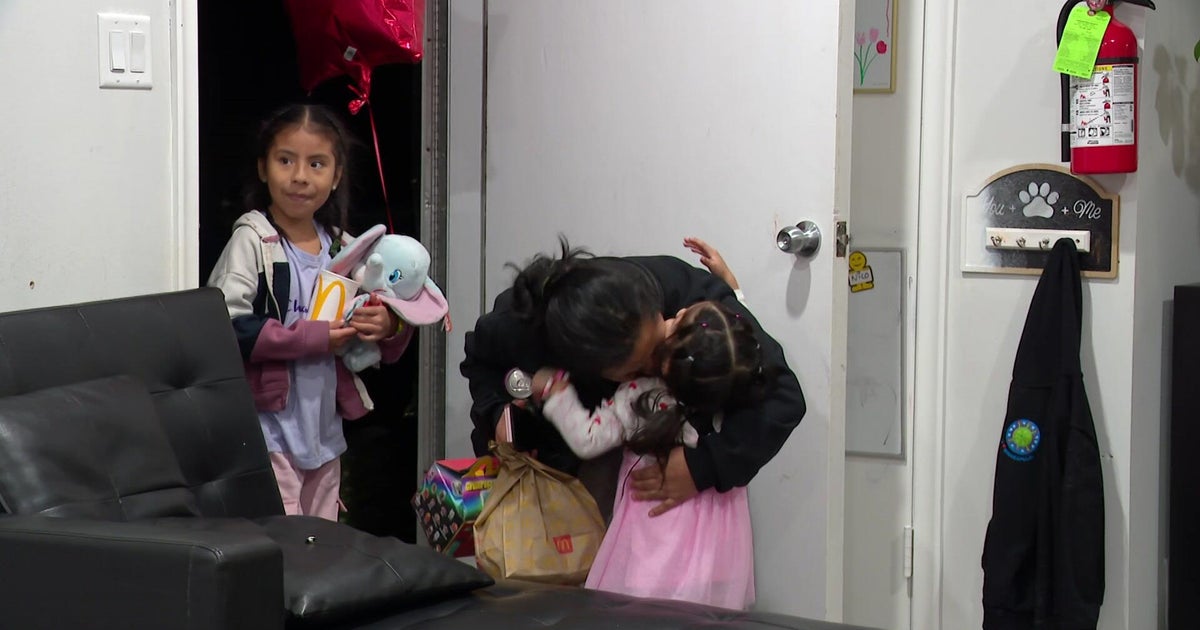Baby formula shortage has Massachusetts parents scrambling for alternatives to feed infants
BOSTON - A national baby formula shortage is forcing some parents to consider changing their baby's diet.
According to the product tracker Datasemby, the shortage has been building for months.
The agency reports nearly 40% of the nation's baby formula supply is out of stock. That's up from 11% in November.
"There was me and another mom yesterday, we were sitting there crying in the aisle because we were looking at empty shelves, and it's scary," said Caitlin Joyce is the mother of a seven-month-old and lives in Plymouth.
Joyce said she spent two hours Tuesday driving around the area looking for formula. The search is only getting harder.
"Before, at least I could get one can. I would be like, okay, I have one can; I am doing good. Now, I can't find any cans which is so scary." Joyce said her son has been able to lean more into solid foods, but added she knows mothers who are taking other steps to try and make formula last.
Dr. Christopher Duggan is the director of the Center for Nutrition and Boston Children's Hospital. "Infants rely on them if they are not breastfed as their sole source of nutrition for the first several months of life," he said.
Duggan strongly advised against diluting baby formula or making your own at home. He also said parents should avoid switching to cow's milk until the child is at least 12 months old.
"Infants' gastrointestinal track is still developing, and exposure to cow's milk earlier in life has been associated with some allergic gastrointestinal diseases," Duggan said.
The doctor also pointed out this formula shortage started because of issues with the supply chain but was compounded by the closure of a single formula factor in Michigan.
Dr. Duggan pointed out an issue at one factory should not cause a domino effect like this.
"It would be akin to a vaccine manufacturer having all their manufacturing capacity be centered in one specific factory. If that factory goes offline, we sure would be unhappy."
Dr. Duggan encouraged any parents considering a change to their infant's diet to consult with their pediatrician.








